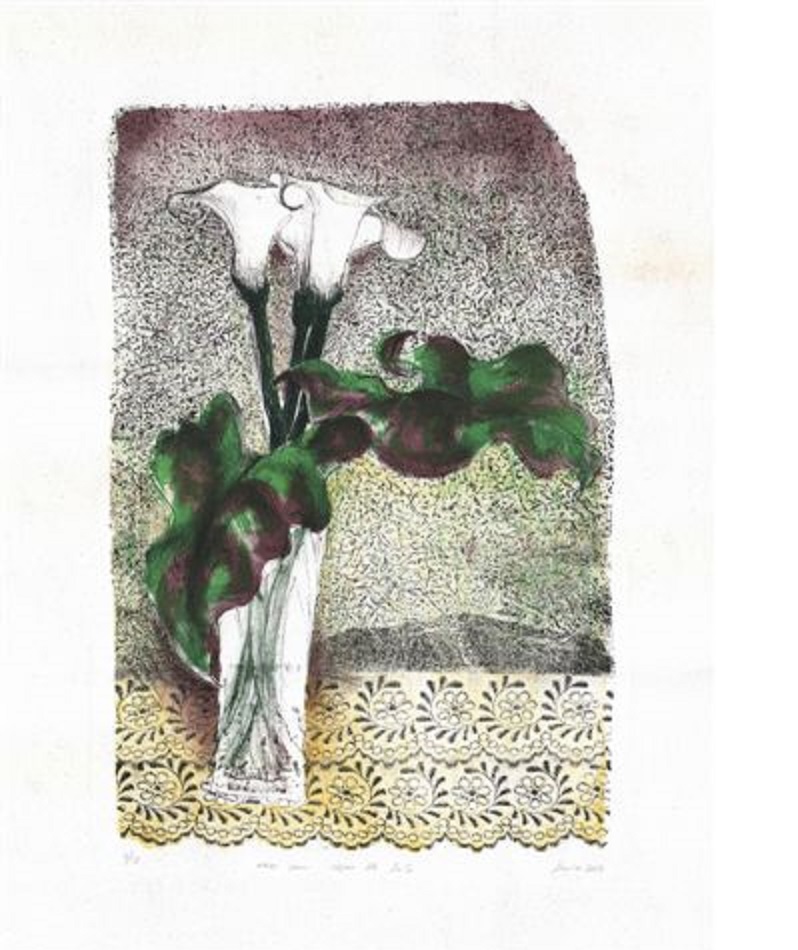O corpo estrangeiro das deusas em Medeia, de Pasolini, e Montedemo, de Hélia Correia
DOI:
https://doi.org/10.26512/dasquestoes.v5i5.18543Palavras-chave:
Estrangeiridade, Deusa, Ruína, Montedemo, MedeiaResumo
O ensaio toma duas narrativas, uma fílmica, de Pier Paolo Pasolini, Medeia, e outra em prosa, de Hélia Correia, Montedemo. A intenção é observar a estrangeiridade das personagens que protagonizam as narrativas: Medeia e Milena, deusas que vivenciam processos de modernização na sociedade em que vivem, a fim de refletir sobre os conflitos que a presença e práticas de ambas provocam na comunidade de entorno, e como a própria narrativa cria estratégias, em linguagem e imagens poéticas, para expor tal experiência das personagens. Para este percurso buscamos um diálogo com Jean-Luc Nancy, e o conceito de corpo; com Maurice Blanchot, em sua reflexão sobre a comunidade; com Maria Zambrano, ao abordar a noção ruína; entre outros.
Downloads
Referências
BLANCHOT, Maurice. (2013). A comunidade dos amantes. In: A comunidade inconfessável. Trad. Eclair de Almeida Filho. São Paulo/Brasília: Lumme editor e Editora UnB, p. 43 a 77.
CORREIA, Helia. (1983). Montedemo. Lisboa: Ulmeiro.
COUTINHO, Anabela Martins. (2012). Montedemo: o corpo em erupção. In: Forma Breve, nº. 9, p. 109 a 123. Disponível em:
<http://revistas.ua.pt/index.php/formabreve/article/view/2336/2195>. Acesso em: 27 de junho de 2017
GRIMMAL, Pierre. (1997). Verbete: Medeia. In: Dicionário da Mitologia Grega e Romana. Trad. Victor Jabouille. 3ª Ed., Rio de Janeiro: Bertrand do Brasil, p. 292 a 294.
HELIA CORREIA. (2015). é vencedora do Prémio Camões. O Público, Lisboa, 17 de Junho 2015 de Disponível em: <https://www.publico.pt/2015/06/17/culturaipsilon/noticia/heliacorreia-e-a-vencedora-do-premio-camoes-1699305>. Acesso em: 27 de junho de 2017.
MEDÉIA. (1969). Direção e Roteiro: Pier Paolo Pasolini. Produção: San Marco SpA (Roma), Le Films Number One (Paris) e Janus Film und Fernsehen (Frankfurt). Produtores: Franco Rossellini; Marina Cicogna. Itália, 110 min.
NANCY, Jean-Luc. (2000). Corpus. Trad. Tomás Maia. Lisboa: Veja.
_______. (2016). Um dia, os deuses se retiram... In: Demanda ”“ Literatura e Filosofia. Trad. João Camilo Penna, Eclair Antonio de Almeida Filho e Dirlenvalder do Nascimento Loyolla. Florianópolis/Chapecó: Editora UFSC e Argos, p. 29 a 34.
_______. (2016). Após a tragédia. In: Demanda ”“ Literatura e Filosofia. Trad. João Camilo Penna, Eclair Antonio de Almeida Filho e Dirlenvalder do Nascimento Loyolla. Florianópolis/Chapecó: Editora UFSC e Argos, p. 29 a 34 e p. 237 a 252.
PEREIRA, Helena. & ATIK, Maria L. (2008) Da dramaturgia ao cinema: Édipo Rei. In: Revista Eutomia. Ano I ”“ n.º 02, pp. 185-199. Disponível em:<https://periodicos.ufpe.br/revistas/index.php/EUTOMIA/article/view/19340>. Acesso em: 27 de junho de 2017.
SCHOLEM, Gershom. (2015). A cabala e seus simbolismos. Trad. Hans Borger e J. Guinsburg. 2ª Ed. São Paulo: Perspectiva.
_______. (1994). Walter Benjamin. In: O Golem, Benjamin, Buber e outros justos: judaica I. Trad. Ruth Joanna Solon. São Paulo: Editora Perspectiva, p. 181 a 211.
ZAMBRANO, María. (2010). Uma metáfora da esperança: As ruínas. In: Sopro, nº. 37 Desterro: Editora Cultura e Barbárie. Disponível em: <http://culturaebarbarie.org/sopro/n37.pdf>. Acesso em: 27 de junho de 2014.
Downloads
Publicado
Como Citar
Edição
Seção
Licença
Autores que publicam nesta revista concordam com os seguintes termos:
Autores mantém os direitos autorais e concedem à revista o direito de primeira publicação, sendo o trabalho simultaneamente licenciado sob a Creative Commons Attribution License o que permite o compartilhamento do trabalho com reconhecimento da autoria do trabalho e publicação inicial nesta revista.
Autores têm autorização para assumir contratos adicionais separadamente, para distribuição não-exclusiva da versão do trabalho publicada nesta revista (ex.: publicar em repositório institucional ou como capítulo de livro), com reconhecimento de autoria e publicação inicial nesta revista.
Autores têm permissão e são estimulados a publicar e distribuir seu trabalho online (ex.: em repositórios institucionais ou na sua página pessoal) a qualquer ponto antes ou durante o processo editorial, já que isso pode gerar alterações produtivas, bem como aumentar o impacto e a citação do trabalho publicado.



